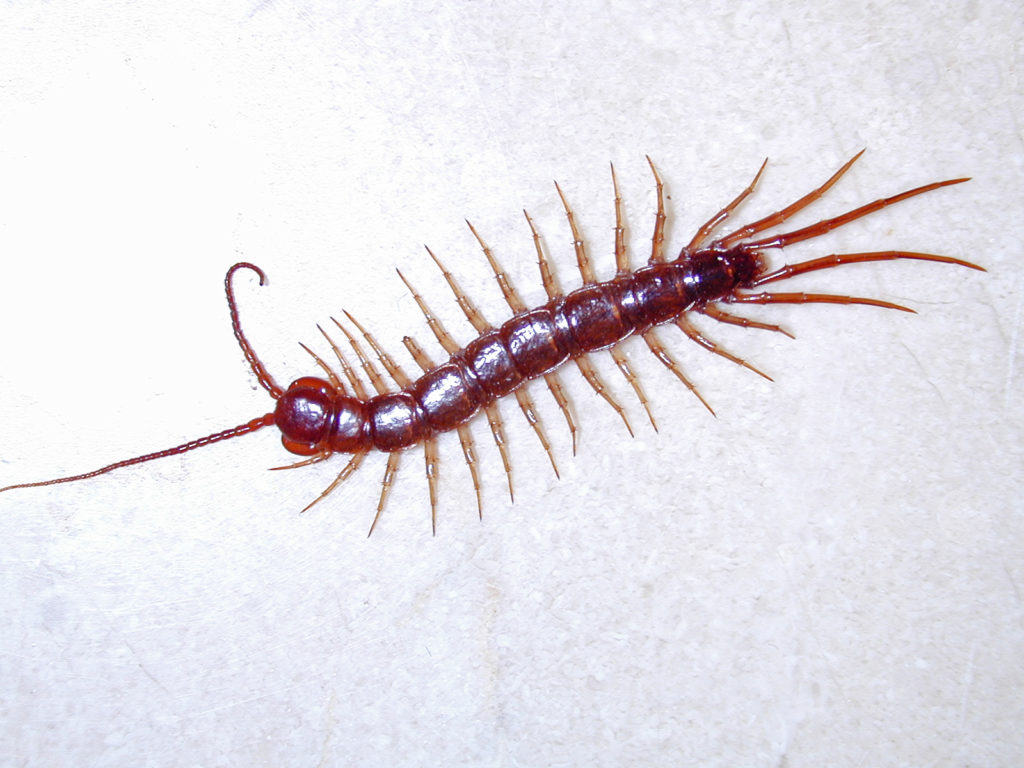If you’re like most people, the first time you see a centipede is an occasion that’s both alarming and memorable. Though they may look dangerous, are centipedes in Arizona actually something to worry about? This article will take a closer look at these misunderstood creatures and find out what makes them so unique (and potentially scary). Stay tuned for tips on how to deal with centipedes if you ever encounter one!
Centipedes are long, segmented creatures that can range in size from a few millimeters to over a foot in length – the largest in Arizona can grow to 8 inches! These arthropods have many legs (usually between 15 and 177 pairs, depending on the species) and are known for their quick movements. They come from a large family of 8,000+ varieties across the globe. Centipedes are carnivorous predators that typically feed on smaller insects and other arthropods, though they have also been known to eat lizards, snakes, frogs, and even small mammals. Yikes!
Centipedes and millipedes have one distinct difference: centipedes have one pair of legs per segment, while millipedes have two. Generally speaking, centipedes are more of a threat given they are able to bite.
On that subject, while centipedes may look dangerous, they are actually relatively harmless to humans. These creatures will only bite if they feel threatened or if they mistake a human for food. Centipede bites usually result in localized pain and swelling, though more serious reactions (such as nausea, vomiting, and fever) have been reported in rare cases.
If you do encounter a centipede in your Tuscon home, there’s no need to panic. While common, these creatures are not aggressive and will typically only bite if they feel threatened. The best course of action is to gently remove the centipede from your premises using a dustpan or similar object. These creatures are not known to carry diseases and pose no lasting threat to human health, but it never hurts to consult with a pest control specialist for recommended next steps.
Contact GreenShield Pest Control for a free centipede consultation today.



